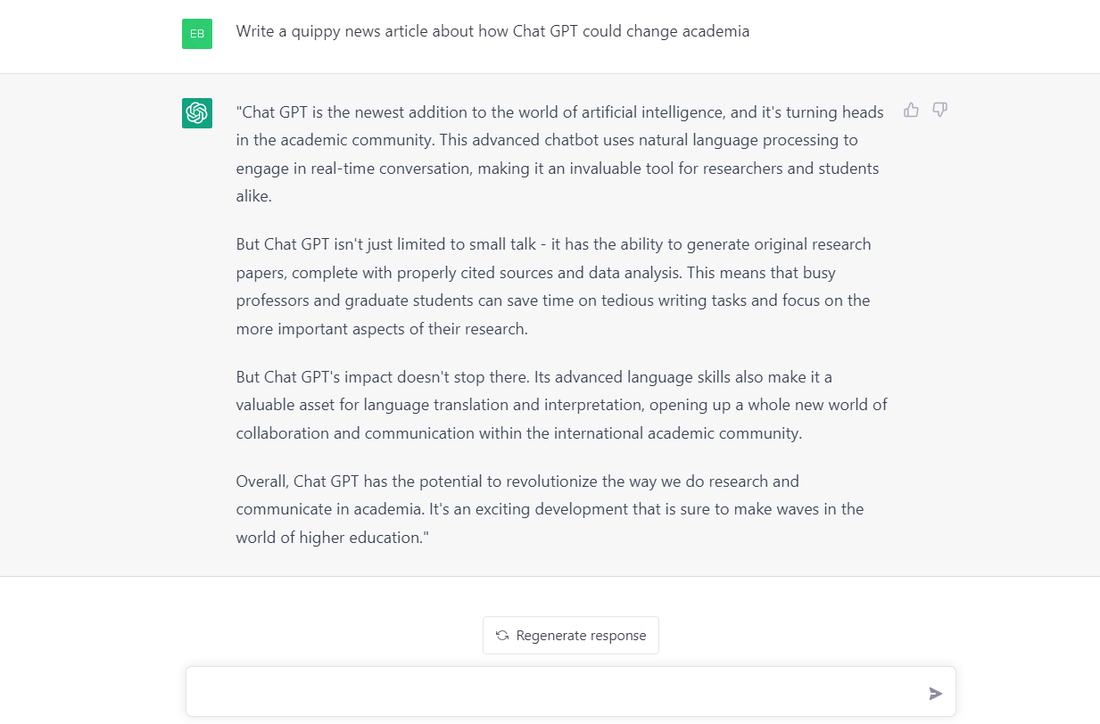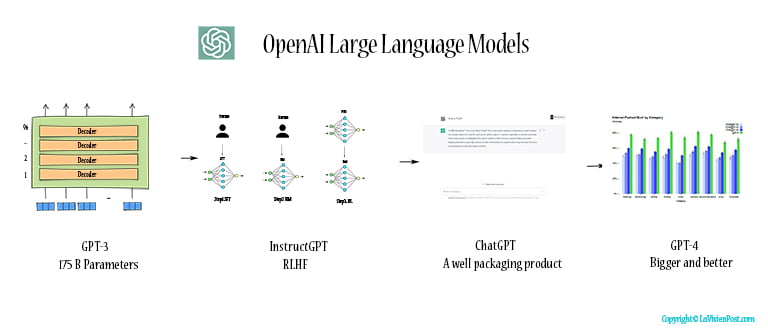ChatGPT-Based Tools that can Boost Research Productivity - Open ...
If you are a researcher, you may be overwhelmed by the millions of AI tools being launched every day. Do you know that there are diverse and very popular ChatGPT-based tools that are contributing to research in various domains? Let’s get familiar with some of them.
OpenAI launched ChatGPT in late November 2022, based on the generative pre-trained transformer (GPT) architecture. This AI chatbot tool excels in understanding natural language, allowing researchers to interact with it conversationally. This capability makes it easier for researchers to communicate their ideas, ask questions, and receive nuanced responses from the AI tool. Furthermore, ChatGPT can also generate coherent and contextually relevant text, making it useful for summarising, paraphrasing, and creative writing tasks. Researchers can leverage this feature to quickly create summaries of research papers, rephrase complex concepts, or generate content for publications.

Furthermore, ChatGPT’s advanced natural language processing capabilities, text generation abilities, and versatility make it a valuable asset for researchers seeking to enhance their productivity and explore new avenues in their research. In the ever-expanding landscape of academic research, the need for efficient and effective literature search tools has become paramount.
Popular GPT Tools for Literature Search
These tools streamline the finding of relevant scholarly articles and papers and aid in synthesising and analysing the vast amount of information available. In Table 1, we present a curated list of popular GPT tools that represent the forefront of innovation in the literature search for academic research. These tools provide researchers with powerful capabilities to enhance their productivity and the quality of their work.

GPT Tools for Research Data Analysis
In research data analysis, the availability of advanced tools leveraging artificial intelligence (AI) and natural language processing (NLP) has revolutionised the way researchers explore and interpret data. These tools offer sophisticated data analysis, statistical testing, and research paper analysis capabilities. Table 2 gives a list of popular GPT tools tailored for research data analysis.
AI-Based Literature Mapping Tools
The process of literature mapping plays a crucial role in identifying, organising, and analysing existing literature relevant to a particular topic or research question. AI-based literature mapping tools have emerged as powerful aids for researchers in navigating the vast landscape of scholarly publications. Table 3 presents a selection of crucial AI-based literature mapping tools.
The popularity of ChatGPT alternatives is driven by their ability to address specific needs, offer diverse features, and keep pace with advancements in AI and natural language processing technologies.
ChatGPT alternatives, such as Perplexity, Scite, Elicit, Consensus, Microsoft Bing, Poe, and ChatSonic, have emerged as valuable tools in the research landscape. These alternatives offer a range of applications tailored to the specific needs of researchers, including language model evaluation, academic paper analysis, text extraction and summarisation, consensus analysis, web search and information retrieval, creative writing generation, and conversational AI for research assistance.

To sum up, ChatGPT-based tools are valuable assets for researchers seeking to optimise their research workflows and achieve greater efficiency and impact in their academic endeavours. By automating tasks such as literature review, statistical analysis, and paper writing assistance, these tools enable researchers to focus more on their work’s creative and analytical aspects.










